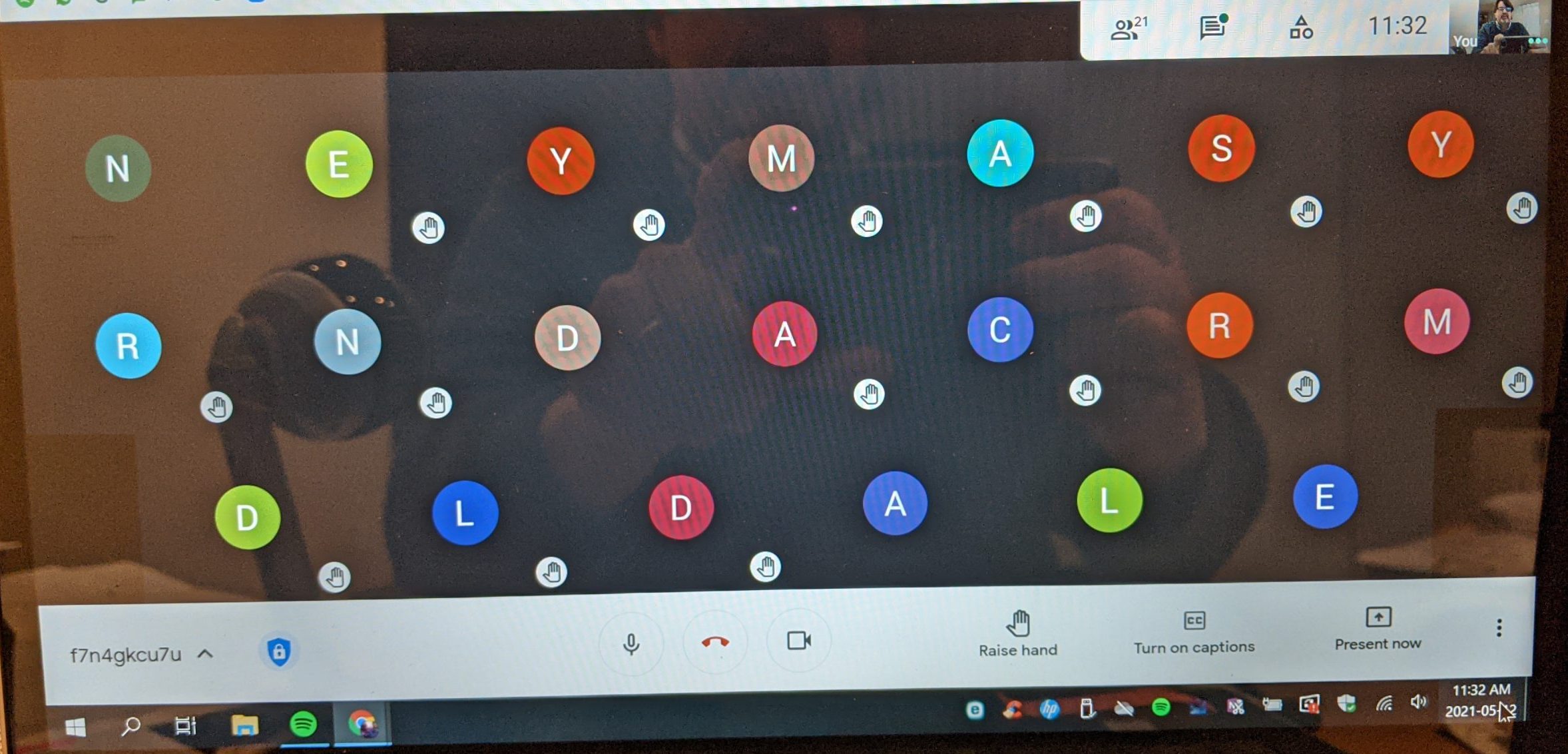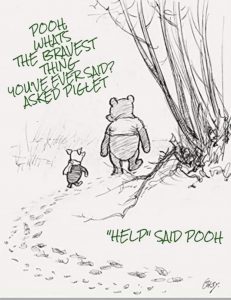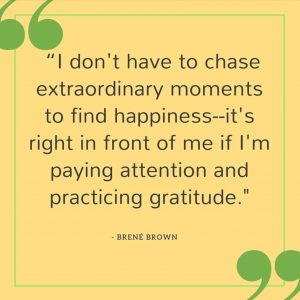Have you ever seen or heard this one? “I teach. What’s your superpower?” It’s on shirts, mugs, plaques and all sorts of other tchotchkes. I’ve heard it at conferences and keynotes too and it never fails to make me chuckle when I do because it seems like a humble brag even though it is true. To continue the candy coated clichés then, it comes as no surprise that each educator possesses super powers that they use everyday.
You know the ones I’m talking about. Pivoting (easy stomach) to emergency online learning with little to no notice, covering classes while losing prep after prep due to a lack of available occasional teachers due to illness or quarantine requirements, putting on a brave face for students and colleagues who are showing the signs of anxiety at the edge of a nervous breakdowns, and facing a barrage of unrealistic expectations from system leaders who are decades between the classroom and the boardroom. I guess the capes these superpowers come with are back ordered due to supply chain issues like our HEPA filtration units, school nurses, RAT tests, and consistent policy.
Cape or no cape, I guess it’s not bragging when it’s backed up with actions because I know that it is happening in classrooms in Ontario and beyond on a daily basis. 3 weeks into the new year and the shift is coming to relax restrictions rather than enforce measures to protect the public. Each day another classroom is emptied while caretakers “sanitize” because another student departs with symptoms. Each day our front office team deals with 20% more calls and reports of COVID related absences of students. Each day we prepare to accommodate learners who have stayed home able to choose the hybrid option. Each day the struggle to see something positive in every situation becomes more difficult even for the most enlightened optimists among us.
That is why, this post comes with its own irony, as I write this month, because it is taking all of my superpowers as an educator just to get through each day right now. I truly believe that it is not normal to wake up feeling restless or trudging home with little left in the emotional tank for family let alone friends or additional school work such as planning and assessment. It is taking every ounce of my superpowers to find the air and the serenity right now. Each exit from school at day’s end feels like emerging from underneath water to finally draw an overdue breath of air.
The move to online and then back to the classroom this month with little to no regard to the wellbeing of students or educators is once again due to negligence and dereliction of responsibility by the current government. There’s nothing better than making sure families start the year wondering and witnessing ongoing acts of orchestrated distraction, unchecked number vomit news pressers, and photo ops provided confusion in the media for the public. These stage managed wretched events only amplified how an out of touch premier and his party of gaslighting grifters are able to go to inconvenience a province and its 2 000 000 students and make it sound like they are doing their jobs.
It is political performance art at its worst through a series of non-messages, announcements about announcements and off news cycle timing intended solely to keep everyone stuck to a web of distraction and uncertainty woven by political incompetence. It is also the kryptonite that weakens education and civil society at the expense of future generations who are only learning about their super powers in our classrooms.
Thank you for reading and for sharing your superpowers.
Please note: ETFO’s position on in-person learning remains unchanged. The union firmly believes that the daily, in-person model of instruction and support best meets the educational, developmental and social needs of students, provides the best experience for support, and is the most equitable learning model for all students.
ETFO’s expectation is that elementary virtual learning in any capacity, including through hybrid models of instruction, will end once the pandemic ends.



